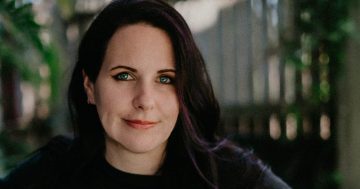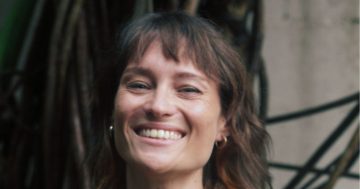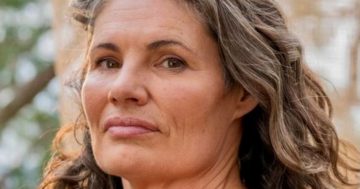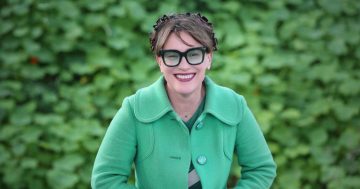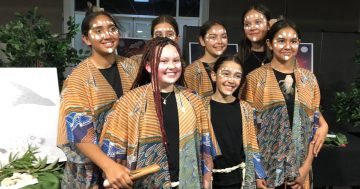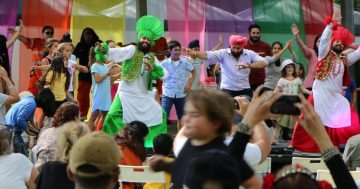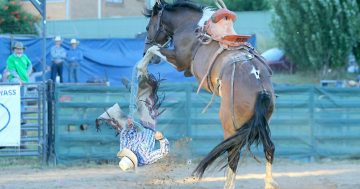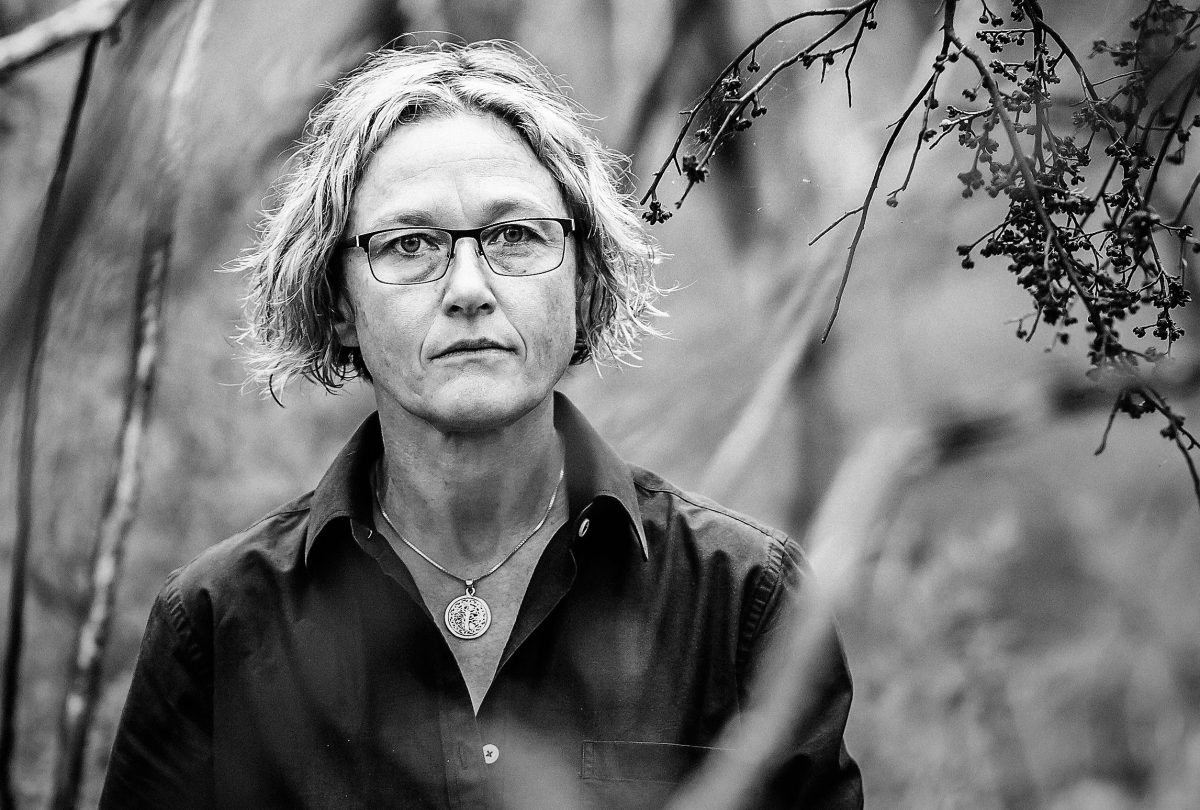
Inga Simpson of Guerilla Bay is one of the outstanding authors who will be speaking at the Headland Writers Festival in Tathra on 18-20 October. Photo: Red Berry Photography.
When aspiring author Inga Simpson quit her high pressure, well-paid job in the public service, she had no idea how hard it was to get published and how little it paid.
Twenty years on, readers of her beautifully written and thought-provoking works of fiction are so grateful she had the courage to do it.
The Guerilla Bay resident is among the outstanding authors speaking at the Headland Writers Festival in Tathra on 18-20 October. Events in the main venue, Tathra Hall, will be live streamed so everyone can learn more about some of Australia’s most talked about books.
It has been quite a journey for Dr Simpson. She grew up on a property near Grenfell and attended Henry Lawson High School. Twice she enrolled in writing courses in her 20s. Both times she pulled out.
The job led her to Brisbane where the burnt-out public servant took long service leave with the vague intention of studying creative writing.
She worked on her doctorate while working full-time. Each day before Dr Simpson started work, she would write for an hour. “I am a creative and had these really full-on non-creative jobs, so this hour was for me,” Dr Simpson says. “It was just a joy, so I found time for it. I got hooked on it and knew that was what I wanted to do and be.”
Her first work, Mr Wigg, was published in 2013. Her latest, The Thinning, will be published on 30 October.
During the 1980s her parents had built a house at Guerilla Bay. Dr Simpson moved there in 2017.
The Thinning continues the thread of her previous novels – the natural world and the threats it faces. “It is partly my journey of reconnecting with the natural world and being part of that,” Dr Simpson says. She wants her books to move others to reconnect as well, to think more about plants and animals, get outdoors or take more care.
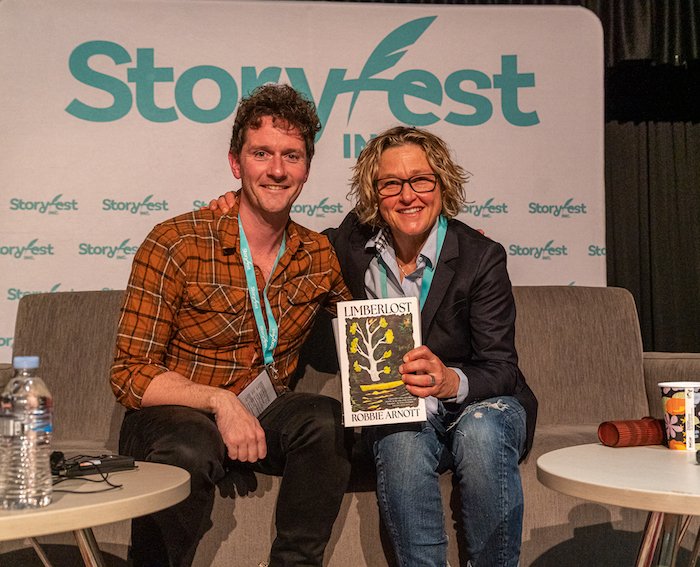
Authors Robbie Arnott and Inga Simpson at Storyfest. Photo: StoryFest 2022.
It is shaped by her visit to Warrumbungle National Park and Mount Kaputar in northern NSW. She describes them as “arks” because of their biodiversity.
Warrumbungle National Park is also home to Australia’s first Dark Sky Park. She found herself doing an astrophotography workshop. Again, she was hooked. “It kind of drives the story,” Dr Simpson says.
The book is set in the near future and has humans physically changing to adapt to their environment. The early adapters, the ‘Incompletes’, are discriminated against by those yet to change.
A 19-year-old girl, whose parents excel in astronomy and astrophotography, is on a quest with a 14-year-old male Incomplete to reach Mount Kaputar in time to witness a total solar eclipse. “She can’t stand him at first, but they must work together to get where they are going,” Dr Simpson says.
The work is rich in metaphors such as comparing the heavenly wonder of skies with entrepreneurs treating outer space as another colonial frontier.
She says the book’s title references how birds’ beaks and eyes are adapting to their changing environment. “Rainforest birds are losing their colour because there is less rainforest.”
She is also cognisant of how much of our language comes from describing the world around us. As that world loses abundance and diversity, part of our language and imagery disappears. It led Dr Simpson to think, “What would I be without those words, and what will readers think in 10 years’ time? What a great title for a book”.
While working on her doctorate, Dr Simpson found that becoming a published author is partly hard work and persistence. “You have your natural gift and other things you can learn but hard work and learning and reading and getting used to rejection are also part of it.”
At times it can be lonely with no guarantee that anything will come of the effort. “It is a rich life because you have a thread of this other world going on but there is a lot of time alone and a lot of uncertainty,” Dr Simpson says. “A year into writing a book, I am thinking, what on earth am I doing? Will anyone get it? You are alone in that uncertainty.”
It is worth it, though, when readers tell her how much her books mean to them or even change their lives. “With Willowman I had so many men who don’t usually read, writing to me with their cricket stories. That was so rewarding.”
Tathra will host the Headland Writers Festival on 18-20 October.







